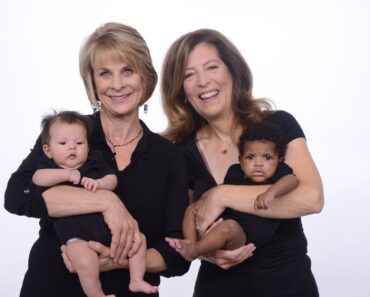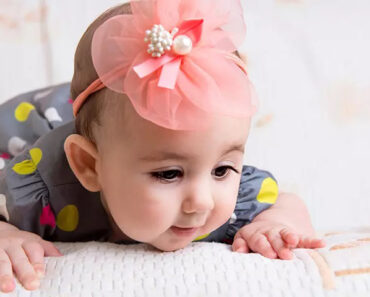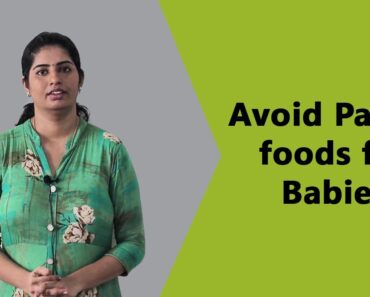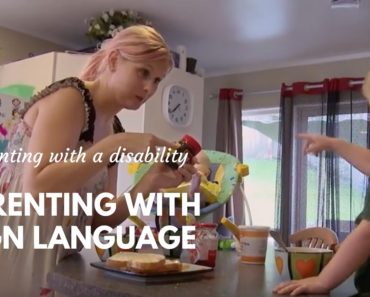It can be worrying to see your baby with clenched fists almost always, although you want them to grasp and hold toys or hold your hands.
Generally, it is normal for infants under six months of age to keep their fists clenched most of the time. However, clenched fists beyond this period can be a concern and often requires medical attention.
Read this post to know more about the causes of clenched fists in the early months, why some babies don’t clench their fist, and when babies unclench their little hands to hold toys.
Why Do Babies Clench Their Fists?
The palmar grasp reflex is the reason behind clenched fists in fetuses and babies younger than six months. This primitive reflex is a normal part of a baby’s development and disappears after the age of six months as the baby’s brain matures (1).
Some anecdotal beliefs state that clenched fists indicate stress or hunger in babies. However, this is a normal reflex that may have been required for survival in the evolutionary past. You may look for other signs to understand stress or hunger in babies.
Spastic cerebral palsy or brain damage may cause the persistence of palmar grasp reflex beyond the age of six months. Brain damage may indicate shaken baby syndrome. Consult a pediatrician for necessary evaluation. Early identification and interventions could improve the quality of life and may prevent severe dysfunctions (2).
Why Do Babies Clench Fists While Feeding?
It is not just while feeding, but while sleeping, playing, or any other time that an infant under six months of age may clench their fists due to the primitive grasp reflex.
Clenched fists are normal until six months of age, and it may not be a useful method to understand your baby’s hunger. You may look for other feeding cues, including (3):
- Lip licking
- Keeping hands in the mouth
- Arm and leg movements
- Sucking sounds
- Looking towards you
- Crying
Why Do Some Babies Not Clench Their Fists?
Clenched fists in babies are seen from the fetal stage to six months after birth. The palmar grasp reflex usually appears from the 16th week of gestation.
The following reasons may cause babies not to clench their fists.
- Amniotic band syndrome: Absence of clenched fists in fetal life may indicate amniotic band syndrome. This is a rare condition where strands or bands of amniotic sac wrap the fetus’ fingers, toes, or any other part of the body. The severity of amniotic band syndrome depends on the affected location and the tightness of the wrap. Milder wraps can be surgically removed after birth without causing any physical damages. However, tighter wraps may permanently damage the fingers (4).
- Peripheral nerve injuries: Weak palmar grasp reflex or unclenched fists before the age of six months could occur due to injuries of the peripheral nerve roots, plexus, and spinal cord (2). Babies who have peripheral nerve damage due to complications in labor may develop unclenched fists.
Appropriate prenatal care and cesarean sections may help reduce the risk of peripheral neuropathy. You may discuss with your obstetrician to choose the right method of delivery to avoid birth injuries.
When Should Babies Unclench Their Fists?
The palmar grasp reflex is the primary reason for clenched fists in babies, and it usually disappears by the age of five to six months (5). The baby will gradually begin grasping, holding, and releasing objects with their tiny fingers as the reflex fades. Babies do this on their own as their little brain matures. Unclenching of fists indicates a maturation of higher motor centers of the brain and development of voluntary motor functions (2).
Some babies may begin unclenching their fists a bit later, and it is normal for them to achieve developmental milestones a little later than others. Persistence of clenched fists even after six months of age may indicate spastic cerebral palsy or other neurological issues. Talk to your pediatrician if your baby is not unclenching their fists and not trying to hold things even after six months.

































